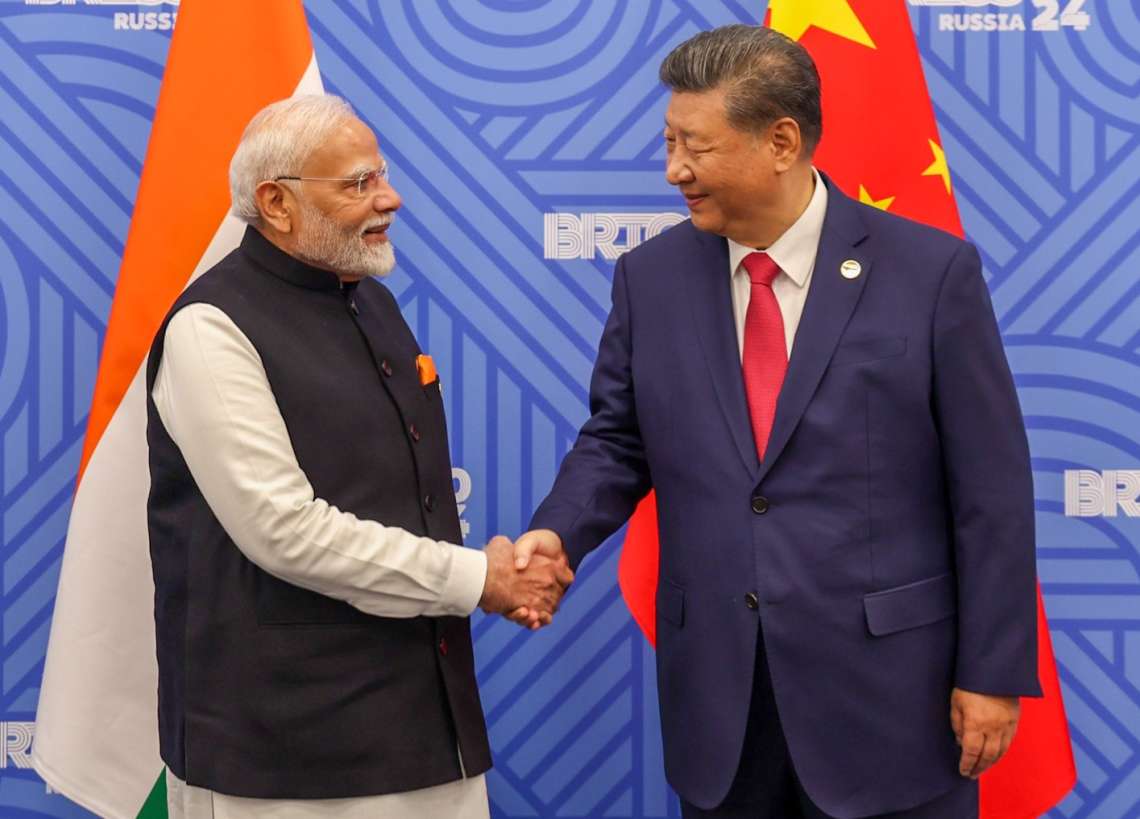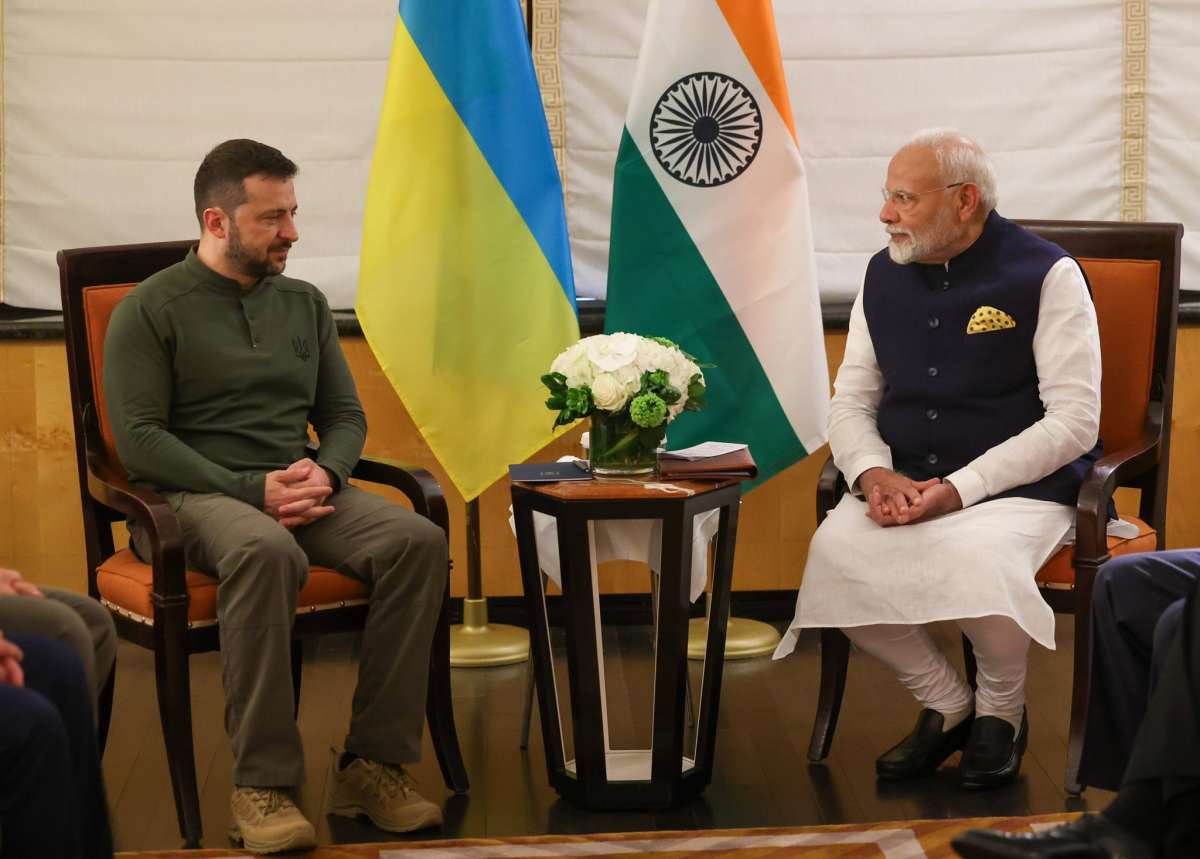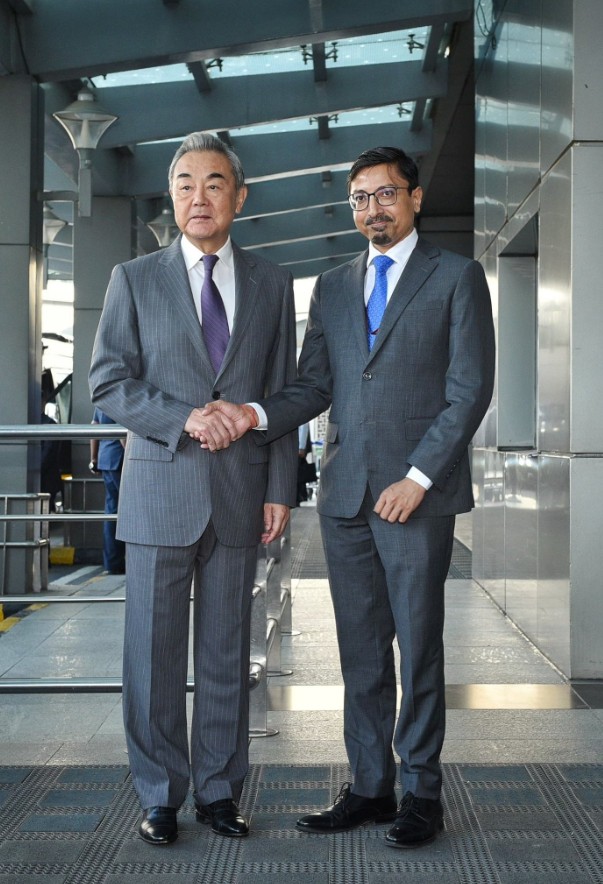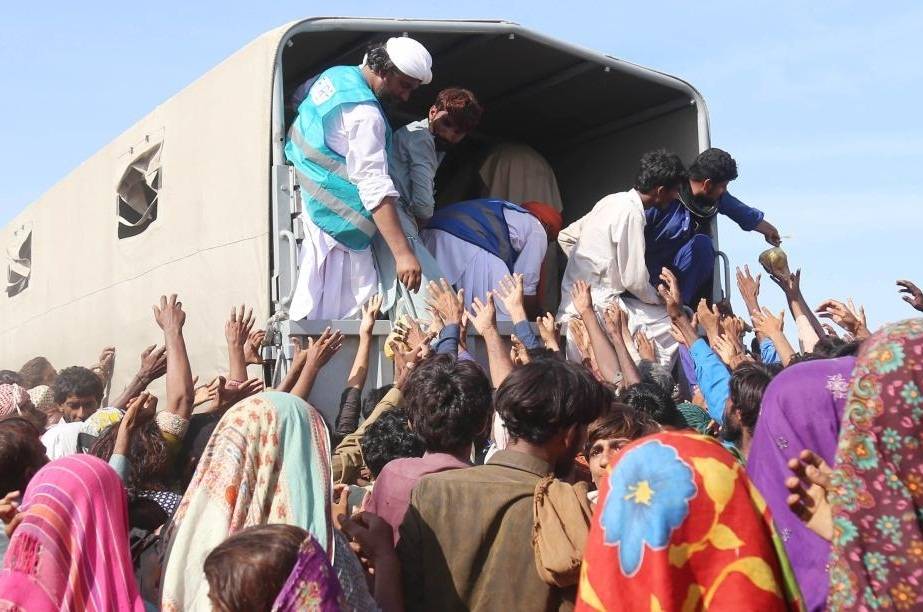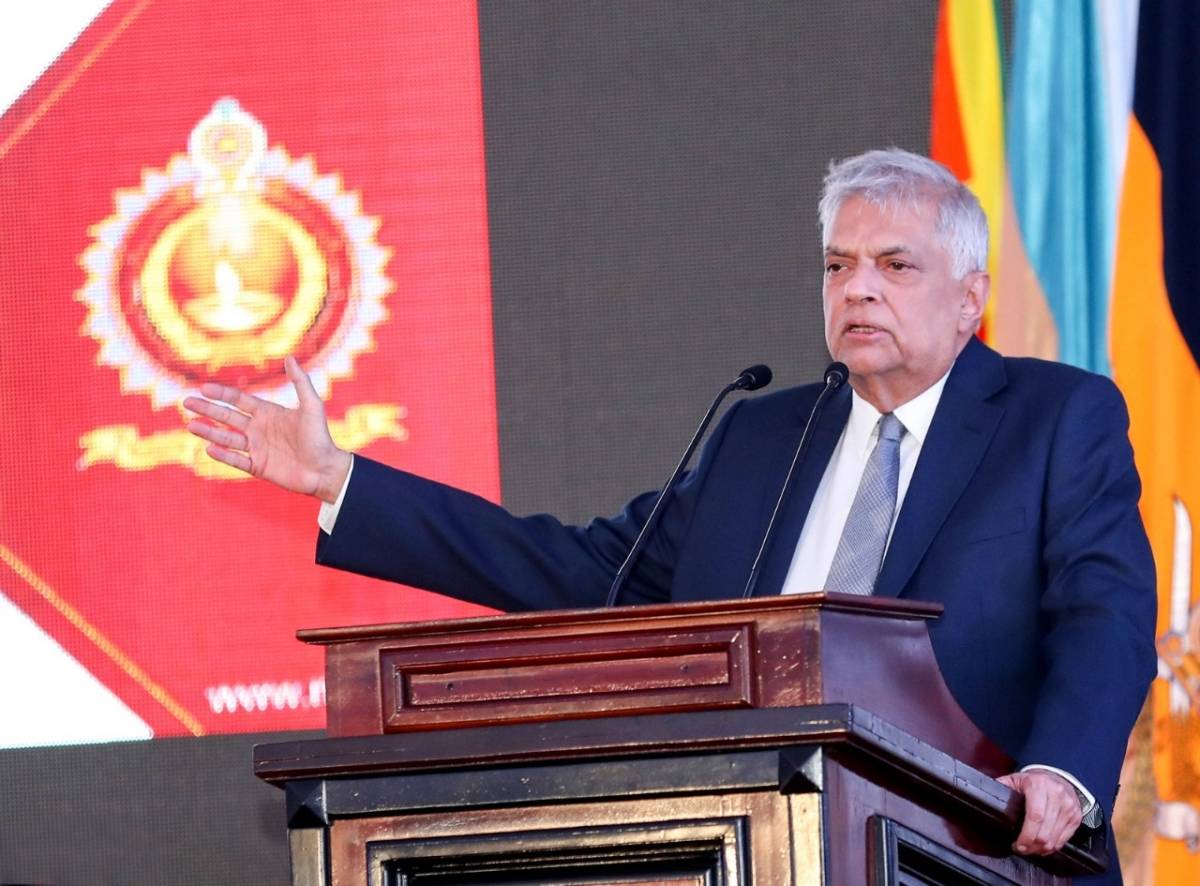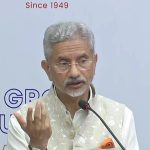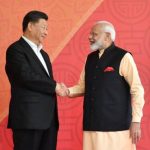India is well-placed to be a neutral arbiter among the highly-divided factions in the emerging global order because it has always fielded for the common good, rather than partisan strategic objectives…reports Asian Lite News
The 22nd Summit of the Council of Heads of the Shanghai Cooperation Organisation Member States (SCO-COHS) being held at Samarkand, Uzbekistan, on September 15-16 has hogged much limelight due to the ongoing turbulence in geopolitics, including the Russia-Ukraine conflict and tensions over Taiwan.
The SCO Summit is taking place at a time when there are sharp differences between the West, China and Russia on the issues of sovereignty, democracy, human rights and economic sanctions, to name a few, and the prevailing flux on who is with whom.
India is well-placed to be a neutral arbiter among the highly-divided factions in the emerging global order because it has always fielded for the common good, rather than partisan strategic objectives.
India’s participation in the SCO assumes importance because it is expected to do a balancing act by bringing forth the main issues of concern to the SCO members, including cooperation for economic growth and promotion of trade and investment, climatic change and sustainable development and terrorism at a time when there is a danger of SCO being dominated by groupism within and against the West.
The bilaterals on the sidelines of the SCO Summit offer important opportunity to all the member countries to enhance their ties with other members and break the stalemate on crucial issues.
The success and failure of the SCO would be judged by its potential to address the issues of common interest on one hand, and making way through open-minded bilateral engagements on the sidelines to remove doubts and open a gateway towards resolving bilateral frictions on the other.
It is important for the SCO members to appreciate that the organisation is one of the largest multilateral organisations in the world, accounting for nearly 30 per cent of the global GDP and 40 per cent of the world’s population.
The cooperation among SCO members for economic development, building collective response to climatic change and sustainable development and combating terrorism will count not only on post Covid-19 economic recovery, but in bringing peace and prosperity in the long run.
India being aware of this vast potential of SCO has always wished to use this forum for bringing and promoting peace, prosperity and cohesion based on the principle of mutual co-existence and win-win strategies for all the stakeholders.
Since 2017, when it became a full-fledged member of the SCO, India has made sincere efforts to encourage peace, prosperity, and stability of the whole Eurasian region in general and SCO member countries in particular.
India has also repeatedly called for the deepening of cooperation on regional security related concerns including defence,countering terrorism and illicit drug and narcotics trade etc.
Prime Minister Narendra Modi attending the Summit is being keenly watched by the business communities of the region. India is expected to use the platform to push the agenda of regional and cross-regional connectivity and remove barriers to transport, communication and trade.
Since Pakistan remains stubborn on the issue of removing these barriers, India is expected to push in the Summit the Chabahar Port project and the International North-South Transport Corridor (INSTC) to allow the Central Asian countries and SCO members to realise full potential of trade, economic cooperation and people-to-people contact.
India, Iran and Uzbekistan have already established a tri-lateral working group since 2020 to seek greater convergence on Chabahar Port and other connectivity projects.
With the SCO members looking up to graduating into the list of high income countries, uninterrupted energy supply would be crucial. In view of this, PM Modi is expected to urge the SCO members to ensure energy cooperation and remove all the glitches in the ongoing projects, including the Turkmenistan, Afghanistan, Pakistan-India (TAPI) power transmission line.
The SCO has come of age. The Shanghai Five formed in 1996, became the Shanghai Cooperation Organisation (SCO) in 2001 with the inclusion of Uzbekistan. With India and Pakistan entering the grouping in 2017 and the decision to admit Tehran as full member in 2021, the SCO’s membership increased to eight (China, India, Kazakhstan, Kyrgyzstan, Russia, Pakistan, Tajikistan and Uzbekistan).
There are four observer states interested in acquiring full membership, including Afghanistan, Belarus, Iran and Mongolia. Uzbekistan is the current chair of SCO and India would be the next in line. India is being looked up with hope to take SCO to the next level to make it an effective platform for promoting cooperation for peace, prosperity and sustainable development.
ALSO READ-Want to transform India into manufacturing hub: Modi at SCO Summit



